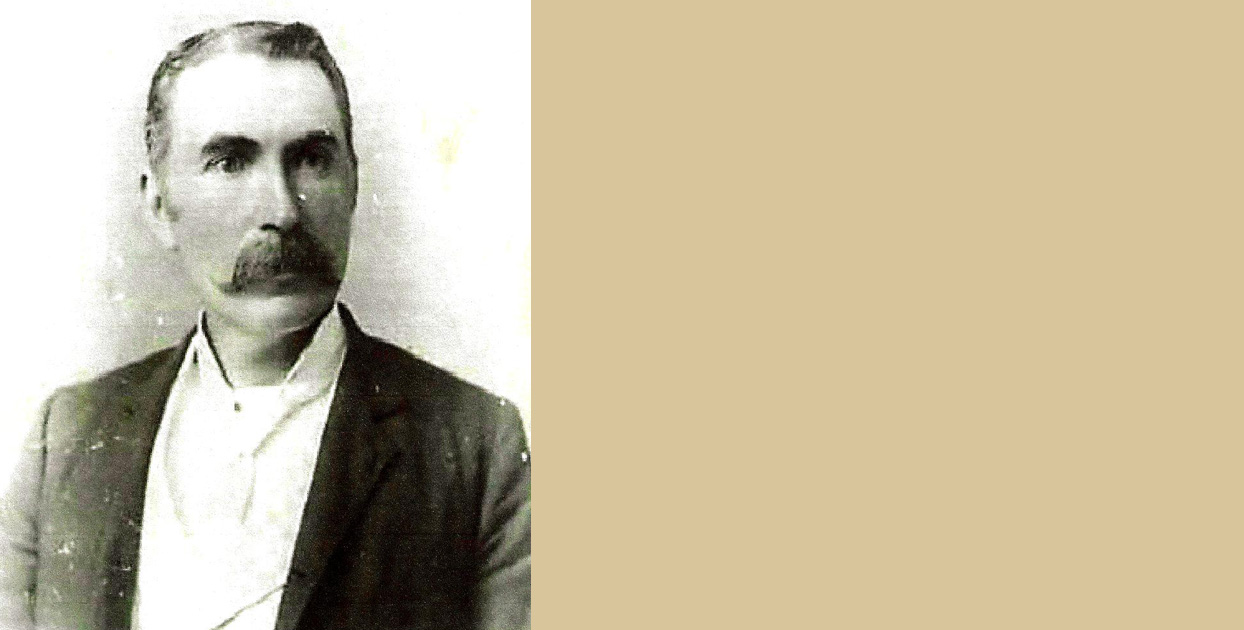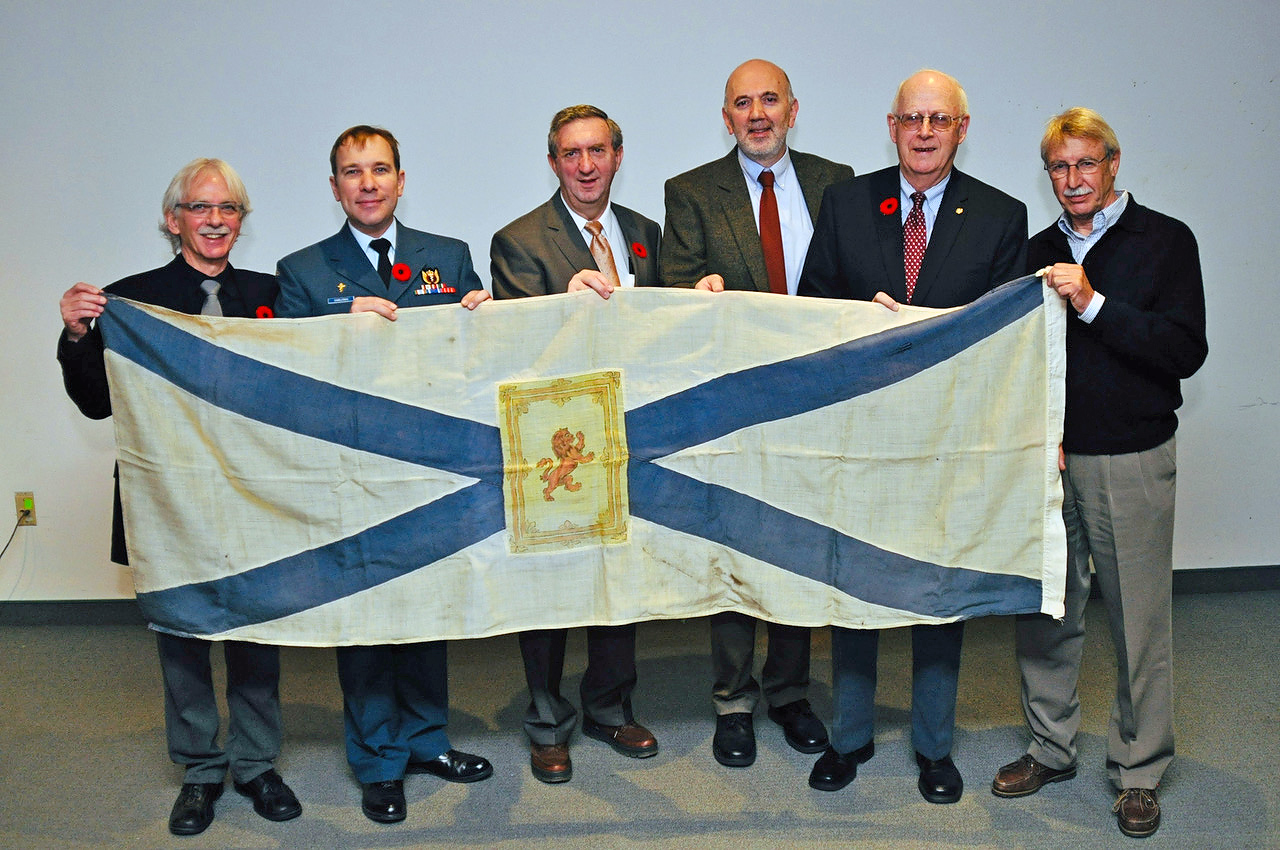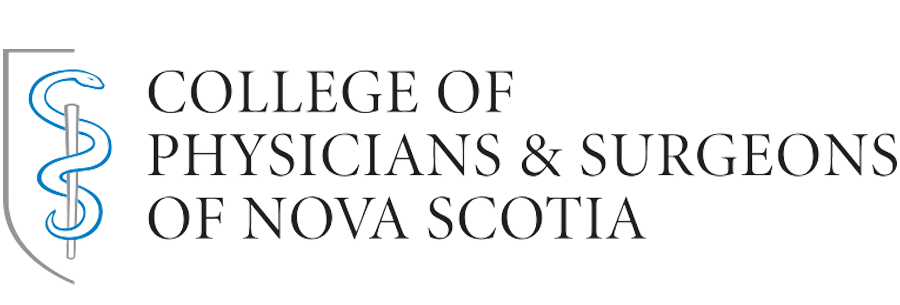By Dr. Allan Marble
A slow start
Although recommendations concerning public health had been introduced in England by Edward Chadwick in 1842, and a Public Health Act passed there in 1848, Nova Scotia was slow to adopt the idea. In 1862, Dr. Charles Tupper, Halifax's City Medical Officer, recommended that sewage be disposed via underground drains, slaughter houses be removed from within city limits, and pure water be piped into every tenement.
By 1879, the only improvement to the public health issue in Nova Scotia was in Halifax, where drinking water was being piped into the city from a reservoir. In rural Nova Scotia, open cesspools and impure water supplies continued to contribute to a high incidence of typhoid fever. No real action was taken to support public health in Nova Scotia until 1888.
A keen mind
Dr. John William MacDonald was born in Antigonish County in 1844. After studying at St. Francis Xavier University and the Norma! College in Truro, he entered the medical program at Edinburgh University, graduating in 1871. Dr. MacDonald practised medicine in England for five years before returning to Antigonish in 1876.
During the 10 years he lived in Scotland and England, Or. MacDonald became familiar with the standard of public health practised in the United Kingdom. After returning to Antigonish he began to lecture and write about the lack of public health standards in rural Nova Scotia. By 1879 he had visited 36 rural towns in Nova Scotia, inspecting their water supplies and sewage disposal procedures. In several newspaper articles, he wrote that he was appalled by the public's carelessness in locating waste sites adjacent to drinking water sources.
In September 1879 Dr. MacDonald established the Nova Scotia Health Society to educate the public about the dangers associated with impure drinking water. Starting in 1880, he petitioned the provincial government to take to lead in improving the public health, and continued his efforts for the next five years with little success. In 1886, utterly frustrated with government's inactivity on the issue, he moved to Minnesota.
Action, eventually
Two years later, the Nova Scotia Legislature enacted Nova Scotia's first Public Health Act. In 1890 Halifax appointed its first sanitary engineer and Nova Scotia appointed its first provincial pathologist. A Provincial Board of Heath was established in 1893 and Nova Scotia's first provincial bacteriologist was appointed in 1896.






